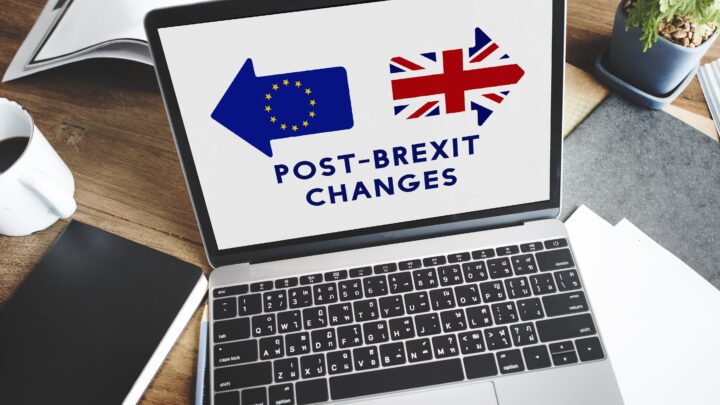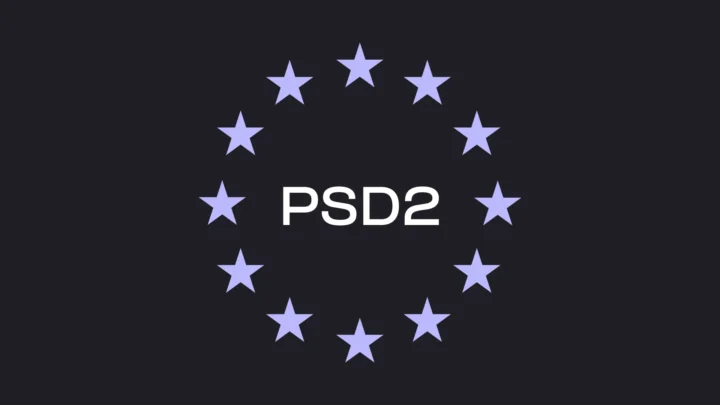How BNPL Regulations Are Evolving in the US, UK, and EU
Buy Now, Pay Later (BNPL) services have revolutionized consumer finance over the past five years. Once seen as a simple installment-payment alternative for e-commerce, BNPL has grown into a mainstream credit option — and with it comes growing regulatory attention. In 2025, regulators across the US, UK, and EU are reevaluating how to balance consumer…





